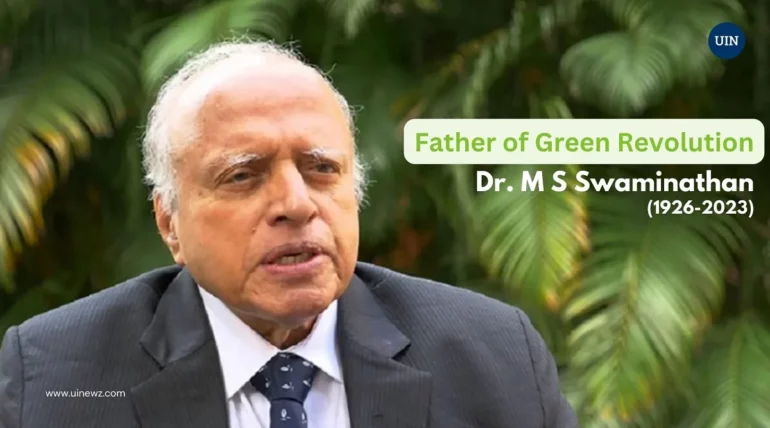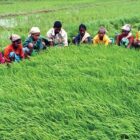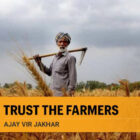A tribute; Dr. M S Swaminathan
It is generally agreed that freedom from hunger has been the most fundamental difference that helped Independent India rise up the global socio-economic hierarchy. The achievement is attributed to Dr. M. S. Swaminathan (August 7, 1925 – September 28, 2023). Dr. Swaminathan was more than a great scientist, it needed a genius of a different stature to shepherd India through its regulatory tangles and bureaucratic ways to usher in a transformative regime and that too at the farm level. Never before in Indian history had policy-level success been achieved on such a massive scale in such quick time.












